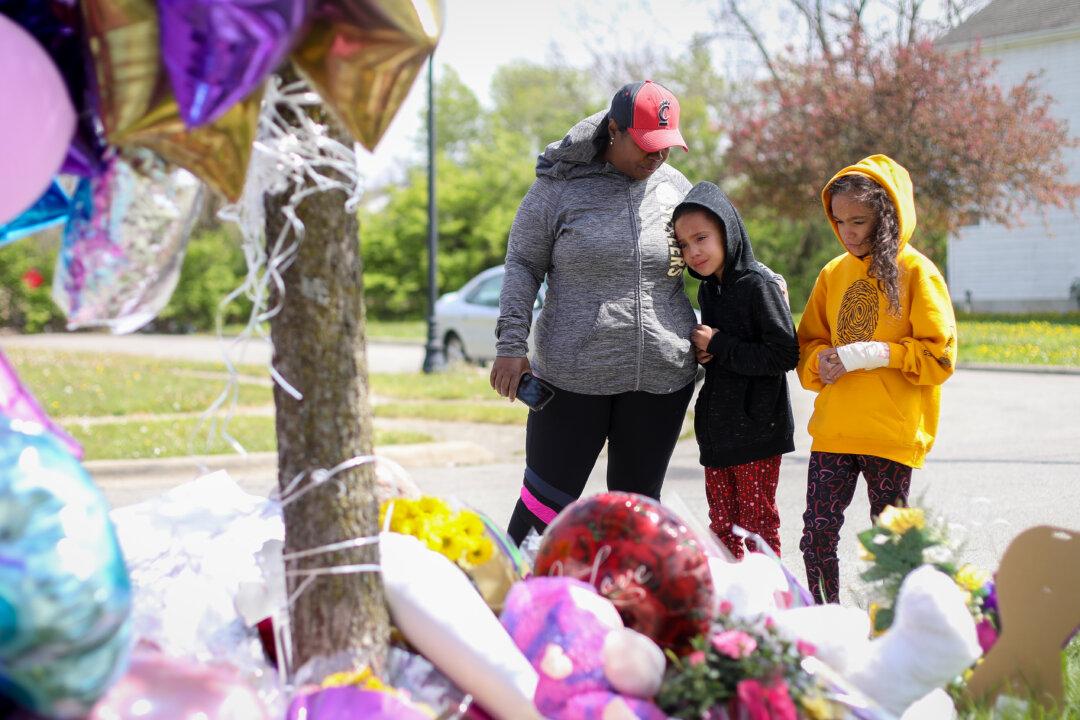FERNANDINA BEACH, Fla.—Despite her bright smile, a deep pain smoldered behind Michele Holbrook’s eyes. She had experienced one of the most agonizing experiences a mother can have—the loss of her son.
Chandler Cook, a towering young man at 6 feet, 5 inches tall, died last April of an accidental overdose at the age of 28. Unbeknownst to him, his street-bought heroin had been spiked with fentanyl—an ultra-potent synthetic opioid of which just two to three milligrams can kill.





